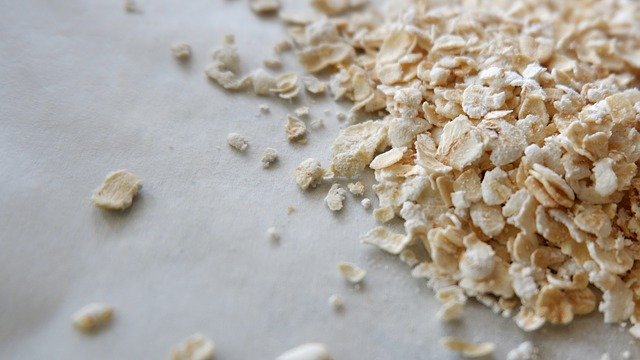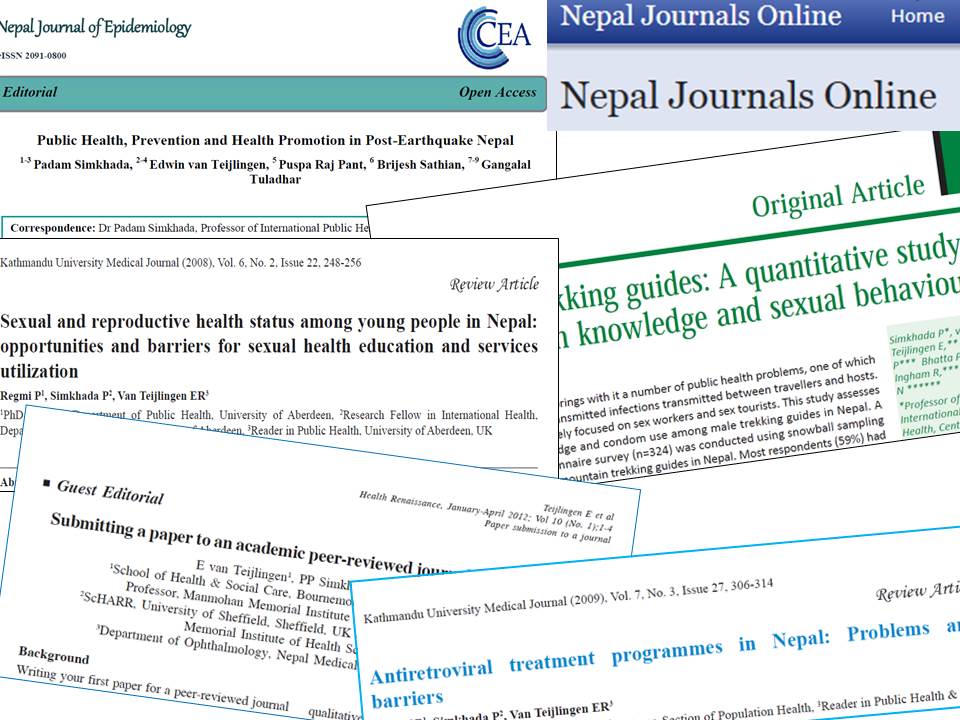The relentless onslaught of the global coronavirus pandemic has brought a range of startling realizations with it. One of the most important things we have realized from a health perspective is the role of a bolstering immune system in guarding us against airborne disease.
Fortifying our internal defenses requires the right eating habits, as what we put inside us directly determines whether we are weakening our immunity or strengthening it. Here are 4 habits that you need to immediately drop if you are looking to boost your internal-fighting mechanisms.
Avoiding Leafy-Green Vegetables

It is not your fault if you are not fond of eating the greens, because a vast majority of our food culture revolves around greasy food, but it certainly will be your negligence if you don’t after reading their importance in immunity building.
Green veggies contain essential nutrients such as vitamins A, C, and folate, that are scientifically-backed to improve our immune function. Furthermore, leafy vegetables also provide our body with biochemical substances that boost the immunity function in our gut, which has the largest concentration of defense cells.
There are a lot of green options out there that range from kale, collards, broccoli, bok choy, and Brussel sprouts. For the individual health benefits of these greens, you can also check the Prorganiq Blog. Blanched, or as a fresh salad, the choice is yours!
Not Consuming Enough Fiber

All of us know that a good amount of fiber is required to maintain our digestive function, but fiber also helps in immunity-boosting. Given the fact that most of our immune cells are located in the gut region, consuming the right amount of fiber helps with the outlook of gut bacteria, and guides it in the direction of better immunity.
The appropriate amount of fiber consumption is 25 grams per day for women, and 38 grams for men. Eating more fiber isn’t that difficult. Be mindful of incorporating more whole foods into your diet such as nuts, whole grain, and pulses.
Having A Huge Sweet Tooth

Excess sugar is bad for you, and there are multiple reasons to back this claim, most of which you already know. But, it is important to mention that excessive sugar consumption suppresses immune function as well.
A recent study published by a credible medical authority established that consuming too much sugar thwarts the ability of defense cells to fight off bacteria. This does not mean that you have to ditch sugar completely, but being more mindful of your eating decisions is important. As a good practice, try replacing sugary indulgences with some alternative treats. Picking up a new hobby that keeps you busy, and away from sugary treats also helps.
Immunity Is Important
We cannot see the range of infections that are out there, ready to latch onto our systems and disrupt our wellbeing, but what we can do is fortify our defenses. Immunity-building is not an abstract concept, rather it is defined by the eating practices we embody. The habits mentioned above play a critical role in weakening our defenses, and should be rectified immediately.
Article by: M. Zahid


